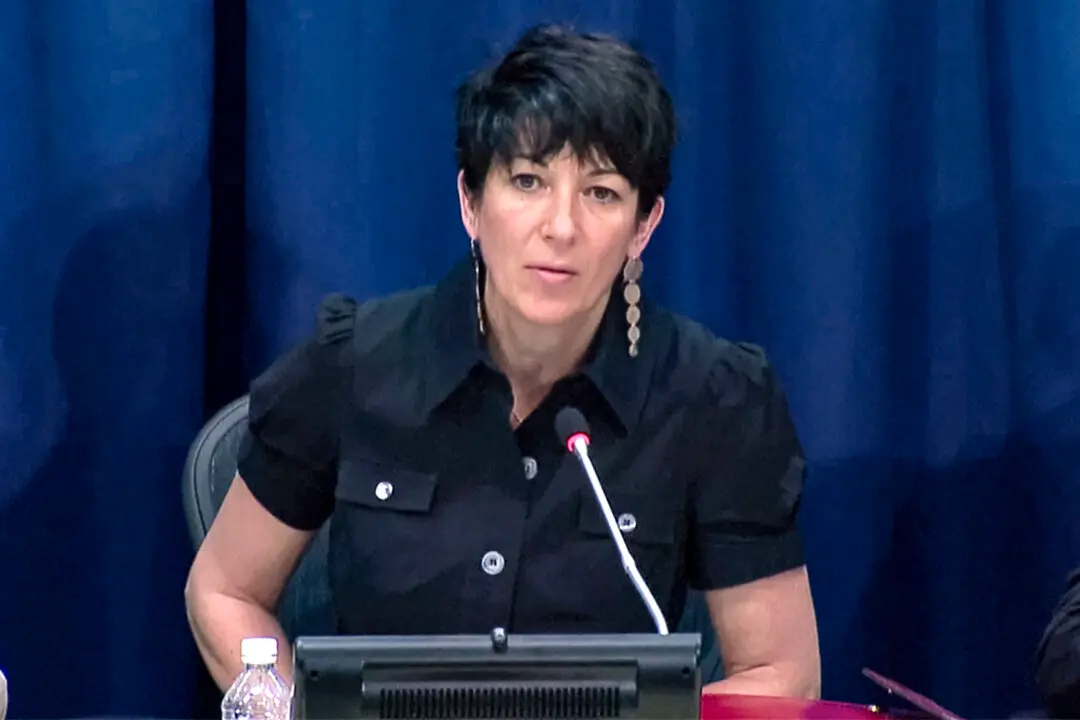Ohio’s 13th Congressional District could be key in deciding who will control the House of Representatives next year.
Looking to take on freshman congresswoman Rep. Emilia Sykes (D-Ohio) are U.S. Marine veteran and businessman Chris Banweg, former state Sen. Kevin Coughlin, and imaging technician Richard Morckel, who unsuccessfully ran for Congress in 2016 and 2020.





